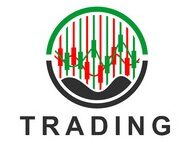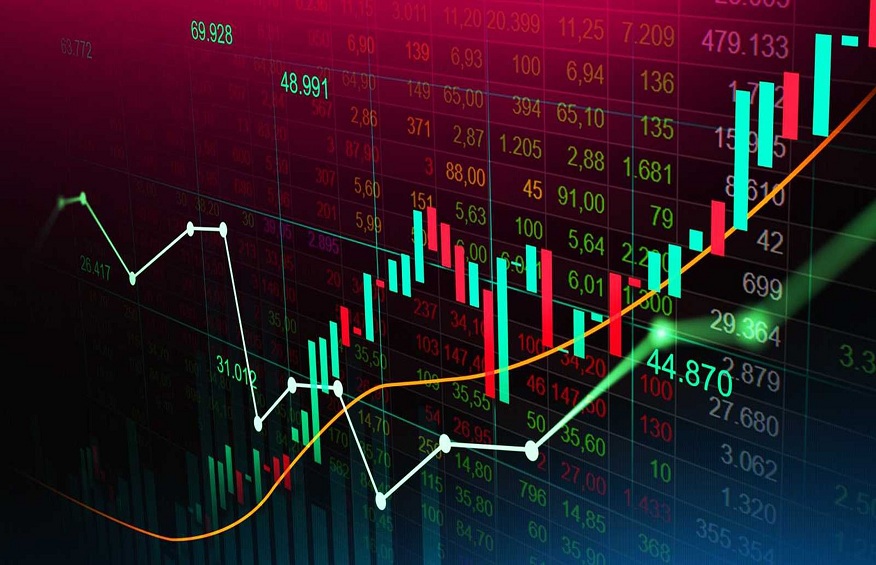Choosing the right broker is a decision that can shape your entire trading journey. Many traders focus on factors like regulation, spreads, leverage, and customer service. While these elements are important, one crucial aspect often doesn’t get the attention it deserves: the trading platform. This is the tool you will use daily to analyse markets, place trades, and manage your portfolio.
A reliable, feature-rich platform can enhance your decision-making and execution speed, while a poorly designed one can frustrate you and even cost you money. Understanding why trading platforms matter is key to choosing the right broker and maximising your trading potential.
Understanding the Role of a Forex Broker
A forex broker serves as the bridge between individual traders and the global currency market. They provide access to liquidity providers, offer leverage, and facilitate the buying and selling of currency pairs.
However, the way you interact with this market is entirely dependent on the broker’s trading platform. Whether it’s a globally recognised software like MetaTrader or a proprietary in-house system, the platform is where price data is displayed, trades are executed, and strategies are implemented.
For traders in competitive regions such as the Middle East, UAE forex trading has shown how platform choice can influence execution speed, market access, and user experience. In many cases, the platform you use is as important as the broker itself because it dictates how efficiently you can operate in fast-moving markets.
Why the Trading Platform is the Trader’s Lifeline
For a trader, the platform is more than just a digital interface—it’s the heart of their market activity. Every chart you analyse, every order you place, and every strategy you test happens within this environment.
In a market where price movements can occur in fractions of a second, having a slow or unstable platform can mean the difference between catching a profitable trade or missing it entirely.
Latency issues, platform freezes, or inaccurate price feeds can result in real financial losses. On the other hand, a smooth, reliable, and intuitive platform enables you to react quickly, apply your strategies effectively, and trade with confidence.
Core Features That Define a Good Trading Platform
A strong trading platform offers a combination of speed, precision, and flexibility. Execution speed is essential because even minor delays can change the outcome of a trade, especially in volatile currency pairs.
Charting tools and a variety of technical indicators allow you to perform in-depth market analysis, identify patterns, and refine entry and exit points.
Advanced order types such as stop-loss, take-profit, and trailing stops are vital for risk management, allowing you to control losses and lock in profits automatically. Reliable market data and integrated news feeds keep you informed of economic events that could affect prices.
Additionally, mobile and web-based access ensures you can trade effectively whether you’re at your desk or on the move.
Popular Trading Platforms and Their Strengths
Among the most widely used trading platforms, MetaTrader 4 (MT4) and MetaTrader 5 (MT5) stand out for their stability, customisable indicators, and algorithmic trading capabilities.
MT4 remains a favourite for its simplicity and proven reliability, while MT5 offers more advanced features, including additional timeframes and asset classes.
cTrader is known for its clean interface and fast execution, making it popular among scalpers.
Some brokers also develop proprietary platforms, tailored to their clients’ needs, which can offer unique integrations or pricing structures. The choice between these often depends on your trading style and the broker’s technical offering.
How Platform Choice Impacts Trading Strategies
Different trading strategies demand different platform capabilities. Scalpers and high-frequency traders rely on ultra-fast execution and minimal slippage, making a high-performance platform essential.
Swing traders, who hold positions for days or weeks, benefit from advanced charting tools, backtesting capabilities, and comprehensive historical data. Algorithmic traders require scripting support, API access, and robust automated execution features.
Selecting a broker without considering platform suitability can lead to limitations in the strategies you can employ, which could ultimately restrict your profitability.
The Connection Between Platform and Broker Transparency
A trading platform is also a reflection of a broker’s transparency and commitment to fair trading conditions. Platforms that provide accurate, real-time spreads, clear trade execution reports, and full order histories foster trust between the trader and the broker.
On the other hand, platforms that obscure important details or show inconsistent pricing may raise concerns about order manipulation or execution quality. The right platform not only helps you trade efficiently but also reassures you that your broker is operating with integrity.
Final Thoughts
A well-regulated broker with competitive fees can still be a poor choice if the trading platform they offer is unreliable or limited in functionality. The platform is where you analyse data, place trades, and execute your strategies—making it one of the most influential factors in your trading success.
When selecting a forex broker, consider not only their reputation and costs but also the platform’s performance, features, and suitability for your style of trading. In the end, the right platform is your most powerful tool in navigating the fast-paced and ever-changing forex market.





